Turning my box into a home
I finally got a table.
It's in the contract: teachers will be provided with the basic necessities, which includes a bed, refrigerator, television (a necessity?), a microwave, and a table. But, when I came to Busan on March 1, one thing was noticeably absent. I can understand, I suppose; this apartment is the size of the bedroom I use to occupy in New Jersey. Could a table possibly fit in here?
It can. And, even better: it has made this box into a home.
Cleaning helped as well. Tonight was the first night in a while I voluntarily kept low key. Once the nice men from the local furniture store dropped off my table and two chairs at around 7:30 p.m., I set to picking up the place. Piles of papers found homes either in drawers or the garbage. Shirts that had hung lifelessly to one side of the bed returned to hangers in the closet. With Enigma's "The Cross of Changes" as the soundtrack, I cleaned dishes and hung photos of family, friends and my trips through New York State by bike and Red Rock Canyon National Conservation Area by foot on the walls. And even though some things are still missing (a proper coat hook, a hamper for my dirty clothes, a screw driver to put together the lime green shelf the school also just bought for me), I actually don't feel like I am trapped in this box anymore.
Will it last? Who knows? For now, I am looking forward to going to sleep shortly in my apartment. My home, for now.
Last night, I had my first experience drinking and socializing with my Korean co-teachers. More on that later. But, it involves singing, fried chicken, copious amounts of beer and octopus brains. All in good fun. Let's just say I woke up this morning feeling none the worse for wear. Perhaps that could not be said for a lot of my co-teachers, however. Further details in a future post.
Oh, and photos. Eventually. But, not of that, I forgot my camera.
It's in the contract: teachers will be provided with the basic necessities, which includes a bed, refrigerator, television (a necessity?), a microwave, and a table. But, when I came to Busan on March 1, one thing was noticeably absent. I can understand, I suppose; this apartment is the size of the bedroom I use to occupy in New Jersey. Could a table possibly fit in here?
It can. And, even better: it has made this box into a home.
Cleaning helped as well. Tonight was the first night in a while I voluntarily kept low key. Once the nice men from the local furniture store dropped off my table and two chairs at around 7:30 p.m., I set to picking up the place. Piles of papers found homes either in drawers or the garbage. Shirts that had hung lifelessly to one side of the bed returned to hangers in the closet. With Enigma's "The Cross of Changes" as the soundtrack, I cleaned dishes and hung photos of family, friends and my trips through New York State by bike and Red Rock Canyon National Conservation Area by foot on the walls. And even though some things are still missing (a proper coat hook, a hamper for my dirty clothes, a screw driver to put together the lime green shelf the school also just bought for me), I actually don't feel like I am trapped in this box anymore.
Will it last? Who knows? For now, I am looking forward to going to sleep shortly in my apartment. My home, for now.
Last night, I had my first experience drinking and socializing with my Korean co-teachers. More on that later. But, it involves singing, fried chicken, copious amounts of beer and octopus brains. All in good fun. Let's just say I woke up this morning feeling none the worse for wear. Perhaps that could not be said for a lot of my co-teachers, however. Further details in a future post.
Oh, and photos. Eventually. But, not of that, I forgot my camera.
—
—John Dunphy





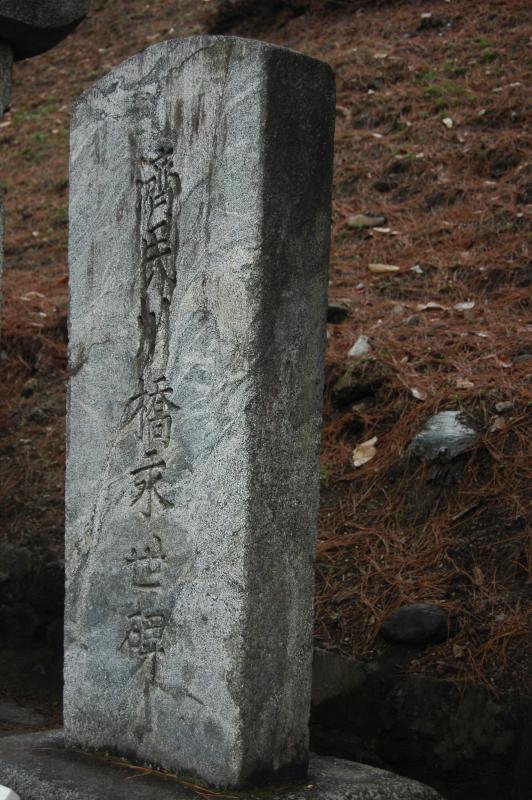

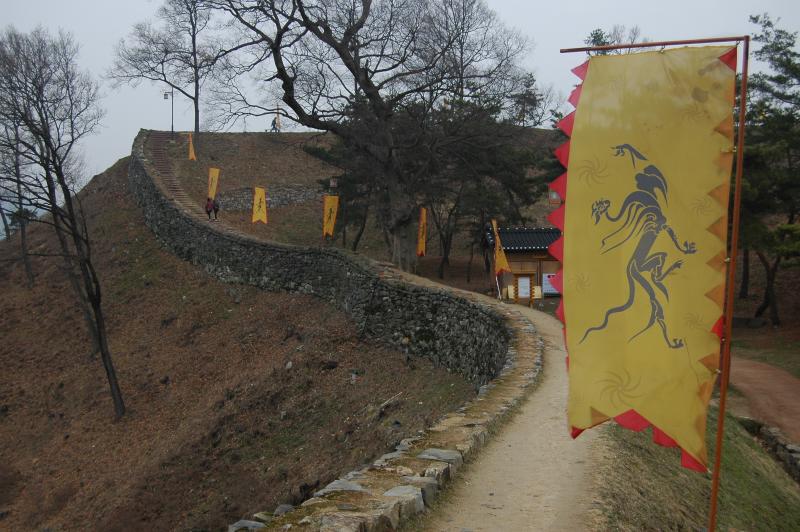
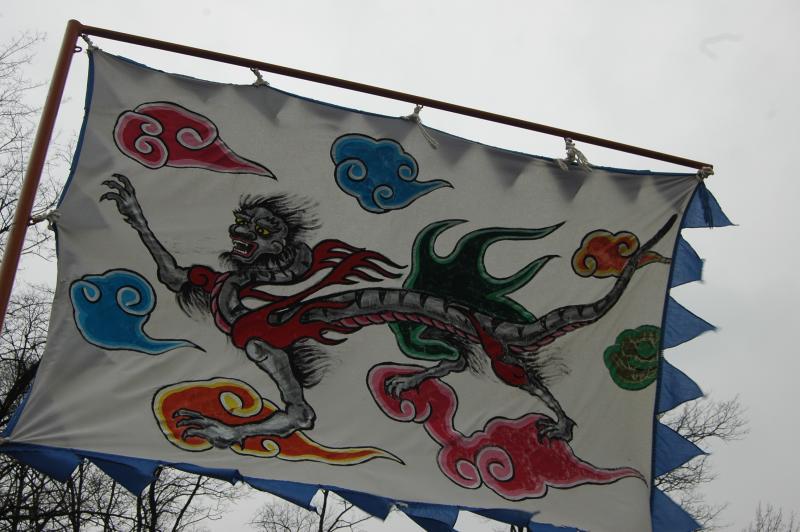



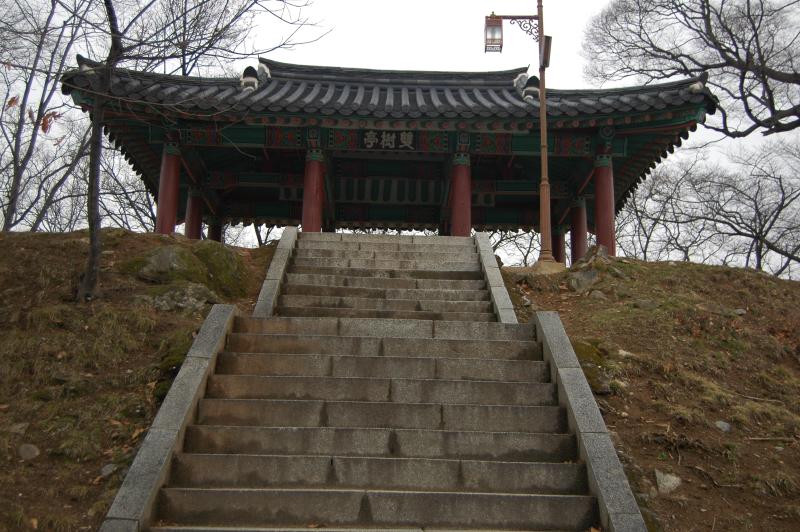
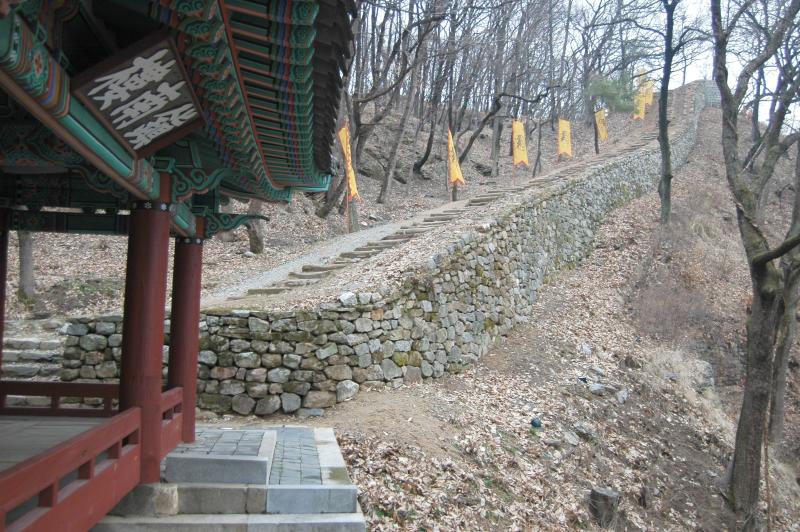
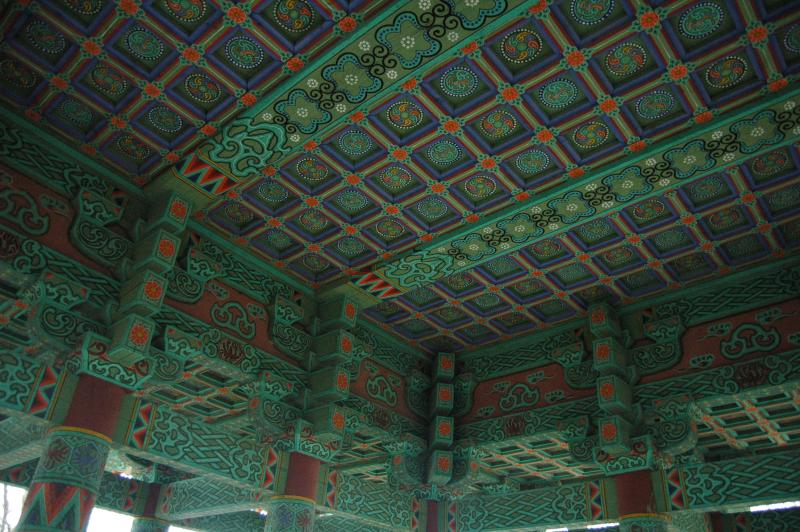






 RSS Feed
RSS Feed
Recent comments